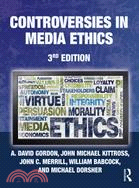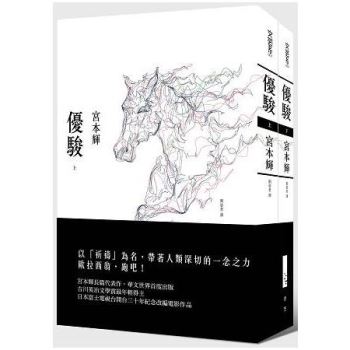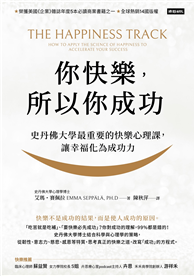| FindBook |
|
有 1 項符合
Dorsher的圖書 |
 |
$ 2690 ~ 3959 | Controversies in Media Ethics
作者:Gordon,A. David/Kittross,John Michael/Merrill,John C./Babcock,William A./Dorsher,Michael 出版社:Taylor & Francis 出版日期:2011-06-01 語言:英文 規格:18.4 x 22.9 x 3.2 cm / 普通級/ 單色印刷 / 再版  共 2 筆 → 查價格、看圖書介紹 共 2 筆 → 查價格、看圖書介紹
|
|
|
- 圖書簡介
Controversies in Media Ethics offers students, instructors and professionals multiple perspectives on media ethics issues presenting vast "gray areas" and few, if any, easy answers. This third edition includes a wide range of subjects, and demonstrates a willingness to tackle the problems raised by new technologies, new media, new politics and new economics.
The core of the text is formed by 14 chapters, each of which deals with a particular problem or likelihood of ethical dilemma, presented as different points of view on the topic in question, as argued by two or more contributing authors. The 15th chapter is a collection of "mini-chapters," allowing students to discern first-hand how to deal with ethical problems. Contributing authors John A. Armstrong, Peter J. Gade, Julianne H. Newton, Kim Sheehan, and Jane B. Singer provide additional voices and perspectives on various topics under discussion.
This edition has been thoroughly updated to provide:
* discussions of issues reflecting the breadth and depth of the media spectrum
* numerous real-world examples
* broad discussion of confidentiality and other timely topics
A Companion Website (www.routledge.com/textbooks/9780415963329) supplies resources for both students and instructors.
Developed for use in media ethics courses, Controversies in Media Ethics provides up-to-date discussions and analysis of ethical situations across a variety of media, including issues dealing with the Internet and new media. It provides a unique consideration of ethical concerns, and serves as provocative reading for all media students. - 作者簡介
A. David Gordon retired from the University of Wisconsin-Eau Claire in 2002, where he taught mass media ethics and law as well as journalism and media/society courses.
John Michael Kittross is editor of Media Ethics magazine. He retired from Emerson College, where he served as provost and vice president for academic affairs. He is managing director of K\E\G Associates, an academic consulting group.
John C. Merrill is professor emeritus of journalism at the University of Missouri.
William A. Babcock is senior ethics professor at Southern Illinois University, Carbondale.
Michael Dorsher teaches mass media ethics at the University of Wisconsin-Eau Claire. - 目次
Part I: The Basics
Overview: Theoretical Foundations for Media Ethics
Chapter 1: Ethics and Freedom: Mass Media Accountability
Chapter 2: Individual Values, Social Pressures and Conflicting Loyalties
Reflections: Taking Aristotle to Work—Practical and Moral Values
Part II: Roles and Pressures
Chapter 3: Gatekeepers and Manipulators: Truth, Fairness and Accuracy
Chapter 4: The Ethics of "Correctness" and "Inclusiveness"
Chapter 5: Codes of Ethics
Tools for Ethical Decision-Making
Part III: Overarching Problems
Chapter 6: New Technologies and Techniques: New Ethics?
Chapter 7: Digitally Manipulated Content
Chapter 8: Media Ethics and the Economic Marketplace
Chapter 9: Access to Media: Equity in Receiving and Disseminating Information
Part IV: Hot Topics in Media Ethics
Chapter 10: Private Lives, Public Interests in a Digital World
Chapter 11: The Ethics of Persuasive Communication
Chapter 12: The Ethics of New Advertising Technologies and Techniques
Chapter 13: Infotainment, Sensationalism and "Reality"
Chapter 14: Violence and Sexuality
Chapter 15: More Topics in the Ethical Debate
Postscript: Some Questions without Answers and Answers without Questions
Glossary
|











